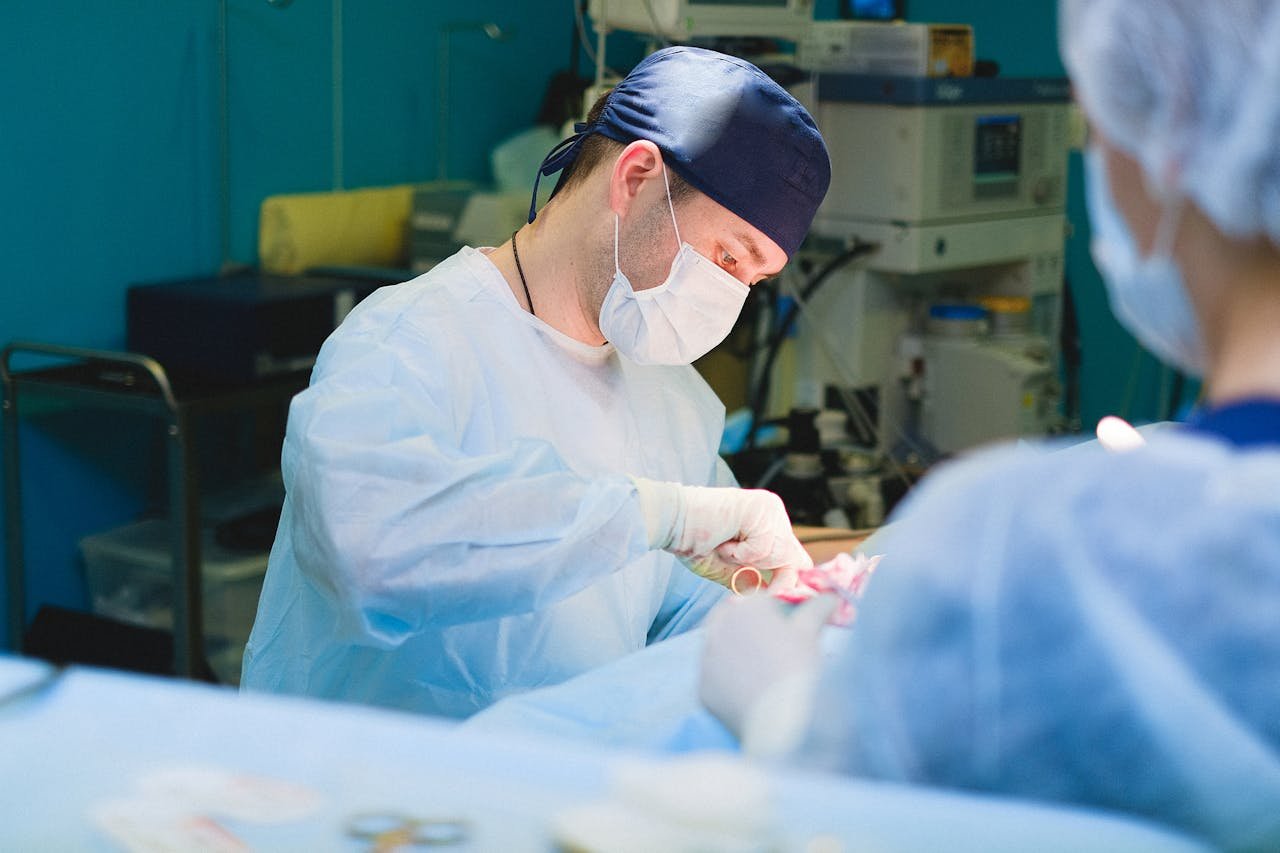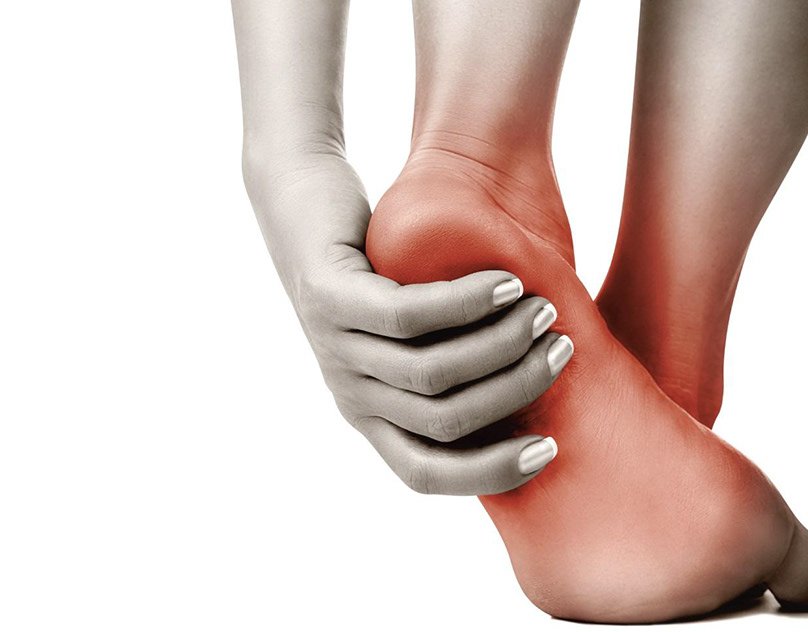When to Go to the Hospital for a Gallbladder Attack
Gallbladder attacks can be painful and frightening, leaving you wondering whether your symptoms warrant a trip to the hospital. Understanding when to go to hospital for gallbladder attack is crucial for timely treatment and avoiding complications. At Er of Mesquite, we are here to guide you through these emergencies with expert care and support.
What is a Gallbladder Attack?
A gallbladder attack occurs when bile flow from the gallbladder is blocked, often due to gallstones. The gallbladder is a small organ under the liver that stores bile, a fluid that helps digest fats. When gallstones obstruct the bile duct, it can lead to pain and inflammation.
Symptoms of a Gallbladder Attack
Common signs of a gallbladder attack include:
- Intense pain in the upper right abdomen or center of the stomach
- Pain radiating to the back or right shoulder
- Nausea or vomiting
- Fever or chills (a sign of infection)
- Jaundice (yellowing of the skin or eyes)
- Bloating and indigestion
When to Go to the Hospital for a Gallbladder Attack
Recognizing when to seek immediate medical attention is key to preventing complications. You should go to the hospital if:
- The pain is severe and persistent (lasting more than a few hours).
- You have a fever or chills, which could indicate an infection.
- You experience jaundice, suggesting a blocked bile duct.
- You feel nauseous or are unable to keep food down.
- You suspect complications like pancreatitis or bile duct infection.
At Er of Mesquite, we are equipped to diagnose and treat gallbladder attacks promptly, ensuring your safety and comfort.
Diagnosis and Treatment
1. Diagnostic Tests
When you visit the hospital for a gallbladder attack, doctors may perform the following tests:
- Ultrasound: The most common test to detect gallstones.
- Blood Tests: To check for infection or inflammation.
- CT Scan or MRI: To get detailed images of the gallbladder and bile ducts.
- HIDA Scan: To assess gallbladder function.
2. Treatment Options
Treatment depends on the severity of your condition:
- Pain Management: Medications to relieve pain and discomfort.
- Antibiotics: To treat or prevent infections.
- Surgery: If gallstones are causing repeated attacks, a cholecystectomy (gallbladder removal) may be recommended. This can be performed laparoscopically for quicker recovery.
Preventing Gallbladder Attacks
While not all attacks can be prevented, you can lower your risk with these lifestyle changes:
- Maintain a Healthy Weight: Obesity increases the risk of gallstones.
- Follow a Balanced Diet: Eat more fruits, vegetables, whole grains, and lean proteins. Avoid high-fat, high-cholesterol foods.
- Stay Active: Regular exercise can improve digestion and reduce gallstone risk.
- Avoid Rapid Weight Loss: Losing weight too quickly can lead to gallstone formation.
Home Remedies for Mild Gallbladder Pain
For mild discomfort, try these remedies at home:
- Apply a warm compress to the affected area to ease pain.
- Drink plenty of water to keep bile thin and flowing.
- Avoid fatty or fried foods that can aggravate symptoms.
- Rest and give your digestive system a break.
If symptoms persist, it’s important to seek medical care to rule out complications.
Why Choose Er of Mesquite for Gallbladder Emergencies?
At Er of Mesquite, we provide top-notch care for gallbladder attacks with:
- 24/7 Emergency Services: We are always open to address your concerns.
- Expert Medical Team: Our specialists are experienced in handling gallbladder-related conditions.
- Advanced Diagnostic Tools: Quick and accurate testing for a proper diagnosis.
- Comprehensive Care: From pain relief to surgery referrals, we ensure you receive the best care.
Frequently Asked Questions (FAQs)
1. How long does a gallbladder attack last?
Gallbladder attacks typically last 1-4 hours, but severe cases can persist longer and require immediate medical attention.
2. Can I manage a gallbladder attack at home?
Mild attacks may improve with rest and dietary changes, but severe or recurring pain requires professional care.
3. What happens if I ignore a gallbladder attack?
Ignoring a gallbladder attack can lead to serious complications, such as infection, pancreatitis, or bile duct blockage.
4. How is a gallbladder attack different from indigestion?
While indigestion causes discomfort after eating, gallbladder attacks involve severe, sharp pain and additional symptoms like nausea and fever.
5. Is surgery always necessary for gallbladder attacks?
Not always. Mild cases may be managed with medications and lifestyle changes, but recurring or severe cases often require gallbladder removal.
For more blogs visit https://empireadda.com/



